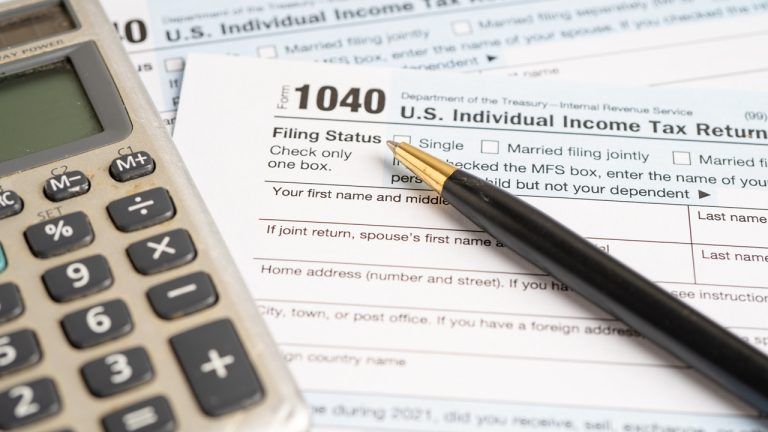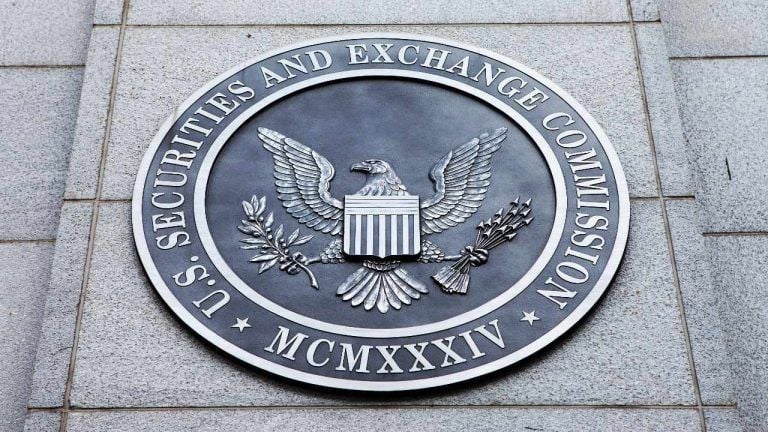
Fed teases master accounts for crypto banks: Law Decoded, Aug. 15-22

The new guidelines from the Federal Reserve hold a prospect of “the most stringent review” for non-federally insured institutions.
Last week, the United States Federal Reserve Board turned its eye to banks and crypto, making (or promising to make) several clarifications, one of them pretty long-awaited. It announced that the final version of guidelines for reserve banks to access Reserve Bank master accounts and services is ready.
For crypto, these guidelines hold a prospect of “the most stringent review,” to which non-federally insured institutions that do not have a holding company subject to Fed oversight would be exposed. It is still unclear whether the crypto banks will finally get access to master accounts under the new guidelines and how long they shall wait for it.
At the same time, the Fed made itself clear that the traditional banks that intend to deal with crypto assets couldn’t do it without a closer consultation with regulators. Before taking such a decision, it is recommended to check state and federal laws and notify the Fed supervisory contacts in advance.
European Central Bank steps up to crypto licensing discussion
It was not only the U.S. financial regulator that had a busy last week. The ECB laid the foundation for the criteria it would be considering when harmonizing the licensing requirements for crypto in Europe. Specifically, it will consider crypto firms’ business models, internal governance and “fit and proper” assessments which apply to licensing other companies. In addition, it will rely on national Anti-Money Laundering (AML) authorities and the financial intelligence units of respective countries to provide data necessary to assess potential risks.
A cease and desist letter for FTX
The Federal Deposit Insurance Corporation has issued cease and desist letters to five companies — FTX US, SmartAssets, FDICCrypto, Cryptonews and Cryptosec — for allegedly making false representations about deposit insurance related to cryptocurrencies. The agency alleges that these organizations misled the public about certain cryptocurrency-related products being insured by FDIC and urges them to “take immediate corrective action to address these false or misleading statements.”
Colombia hopes to prevent tax evasion with national digital currency
The head of the Colombian Tax and Customs National Authority, Luis Carlos Reyes, claimed that the government would seek to create a digital currency to prevent illicit financial activity like tax evasion. However, the official did not specify what kind of digital currency exactly the Colombian government will be looking to launch, a central bank digital currency (CBDC) or rather an asset-backed national currency similar to Venezuela’s Petro digital currency project.
CBDCs are “the only solution”
The introduction of digital cash in the form of CBDCs appears to be the “only solution” that will guarantee a “smooth continuation” of the current monetary system. At least, that is what the ECB experts believe, gathering insights from 150 academic papers on the subject. The importance of central banks achieving the right level of CBDC “take-up” is stressed, and the authors also looked at potential regulatory action that could help CBDCs achieve their goals. Previously, the central bank compared the cross-border payment potential of CBDC, Bitcoin and stablecoin, coming out in favor of CBDC.
Go to Source
Author: David Attlee









